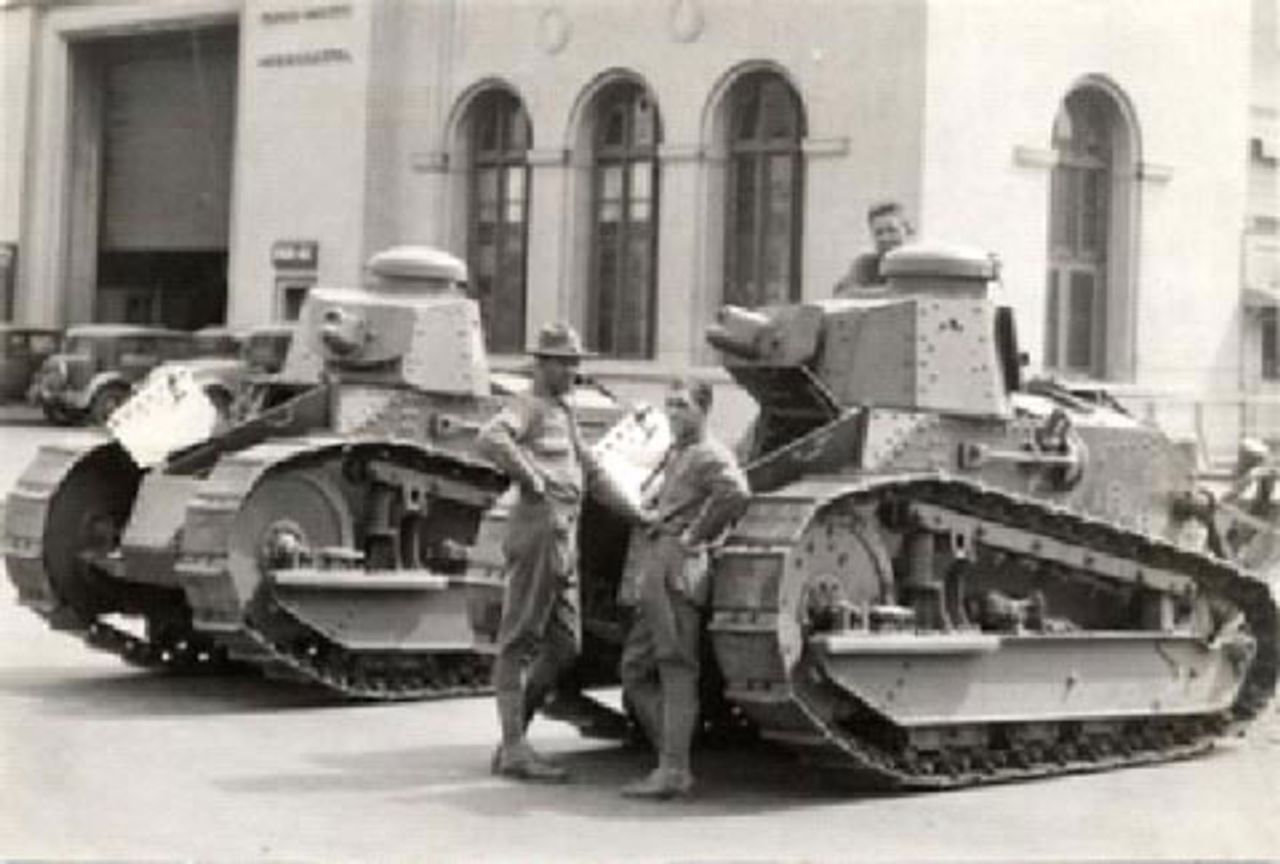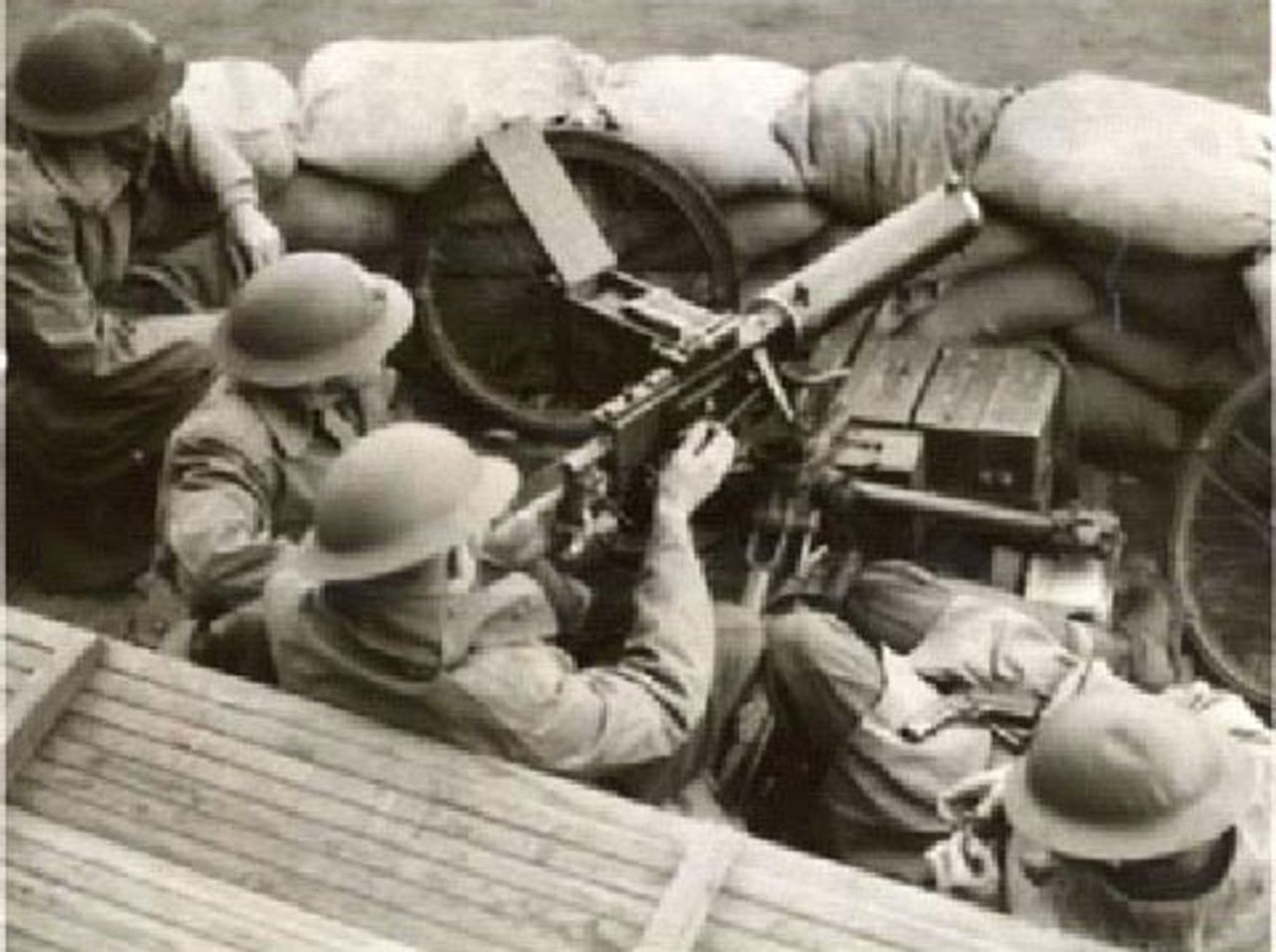First, sorry sorry, I don't want you to sit here and waste a day of good weather, I don't either.  Wait till its raining and answer if you wish to.
Wait till its raining and answer if you wish to. 
But aren't this quite the oversimplification? I mean you are correct that the Germans could be coerced to fight WW2 as an aggressive war, and Im sure the Soviet state would be able to do the same against germany in 1940.
And yes they did before in several places, but this is 1945. People have already been working +10h shifts for the last 4 years.
Manpower is running thin, everyone lost someone, and frankly war weariness has just been replaced by huge sigh of relief that its finally over. All I'm saying is that it is a huge difference between the situation in 1939 and 45.
I don't think we should just write off political moods in totalitarian states, "not even the Emperor can go against the mob" as it were.
Just looking at the time spent by party officials and the NKVD in order to try and check the mood of the people kinda gives a hint that the Soviet authorities were quite concerned with their political standing. I mean Stalin staying in the capital in '41 and the reversing of previous order to blow up all factories is very much a result of civilian political uproar. No?
My entire point is: For the USSR to get everyone onboard with fighting a new TOTAL war when the people have been 'running on fumes' for the better part of 2 years would require a great reason for them to do so. And frankly I cannot see a reason that might give it.
Actually, for one, the German population overwhelmingly, and honestly, believed they were fighting a
defensive war. That beggars belief? Maybe, but the historicity of this sentiment cannot seriously be doubted in the light of recent research.
Anyways, yes obviously, hostilities with the Western powers would have been a tough sell. However, I'd like to strenghten the argument that after the victory over Nazi Germany, the Soviet Union was actually internally far better consolidated than it had been at the outset of the war, and any serious dissent, let alone opposition to the regime had been eliminated, and the tools of repression and discipline had been greatly refined. But it was not mere repression itself, inarguably IMHO societal cohesion had large had been fortified immensely by the crucible of the war. The immediately post war Soviet Union fits the paradigm of the mature totalitarian society like a glove, where control is idealiter, well, total.
As far as reasons, casus belli, etc go
at the level of the leadership/actual decisionmaker(s), there is overwhelming paranoia to consider. There need not be any actual threat, just the perception of it. Mind you, we are talking about Stalin, who was outright pathologically paranoid. Heck, the so called cold war on multiple occasions (Cuban missile crisis, Able Archer, etc) almost turned into a shooting war even under the aegis of the fundamentally risk-averse, geriatric post-Stalin Soviet leadership. In fact we can consider ourselves fortunate it did not come to it, the odds certainly favoured a clash of arms.







 Wait till its raining and answer if you wish to.
Wait till its raining and answer if you wish to. 










 cblanco ★
cblanco ★  보드카 중대
보드카 중대  VonManteuffel
VonManteuffel  Heartless Jäger
Heartless Jäger 